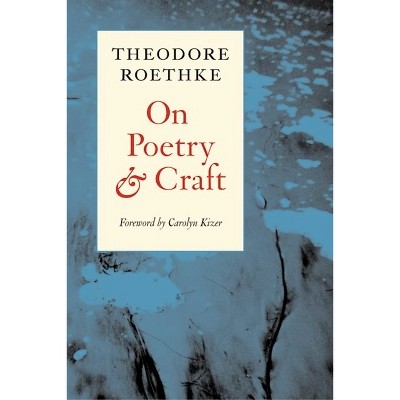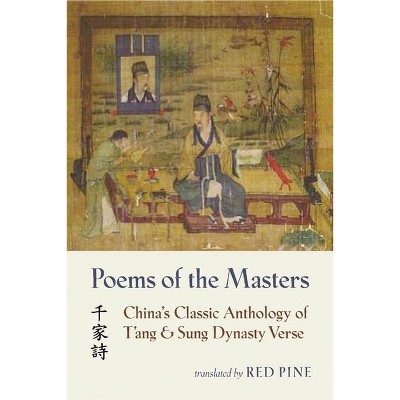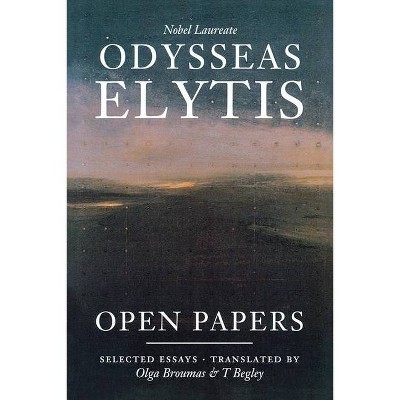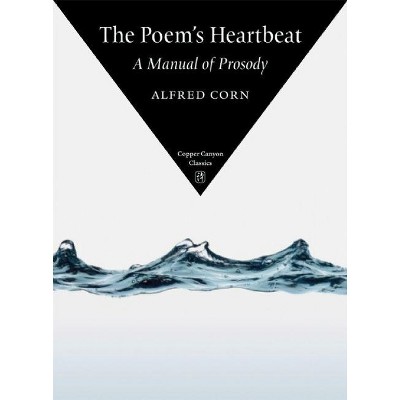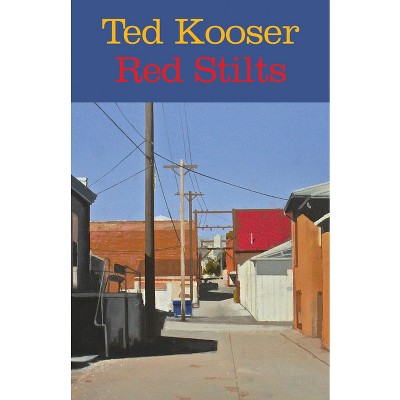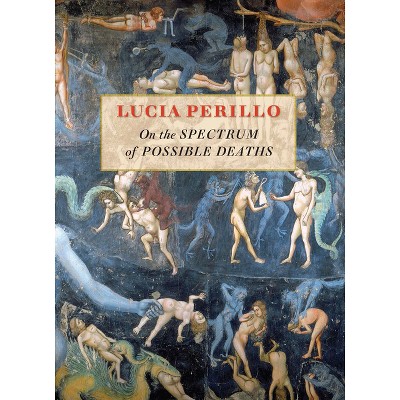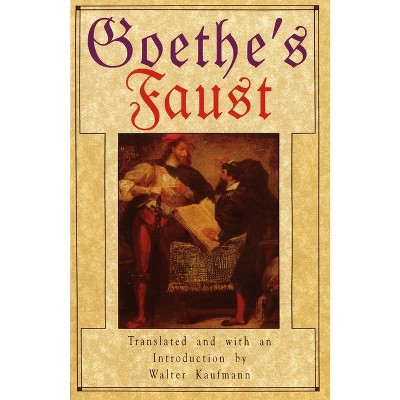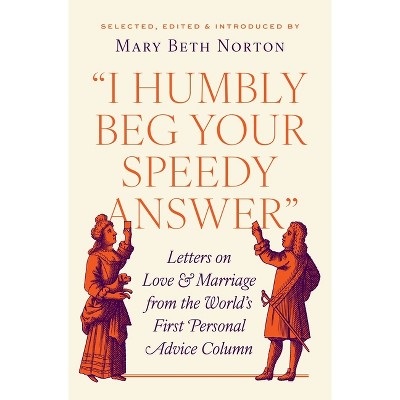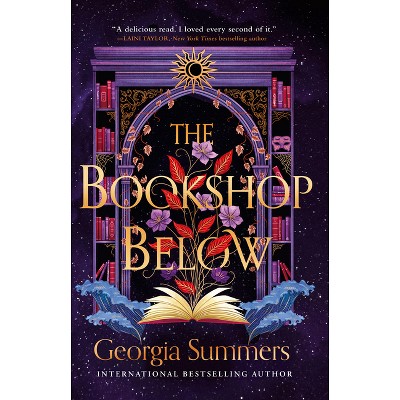
A Third Commonness - by Robert Hass (Paperback)
$22.00
Pre-order
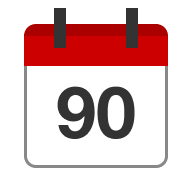
Eligible for registries and wish lists
About this item
Additional product information and recommendations
Related Categories
Trending Book Pre-Orders

$15.19 - $22.61
MSRP $18.99 - $28.99
4.4 out of 5 stars with 28 ratings
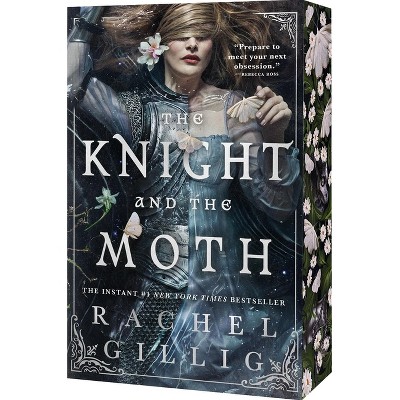
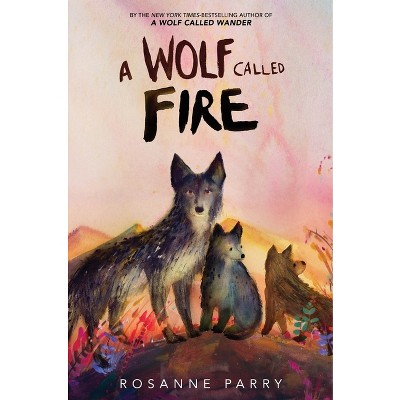
$9.99 - $14.06
MSRP $9.99 - $18.99
4.7 out of 5 stars with 6 ratings

$12.10 - $14.99
MSRP $14.99 - $22.99 Lower price on select items
5 out of 5 stars with 2 ratings
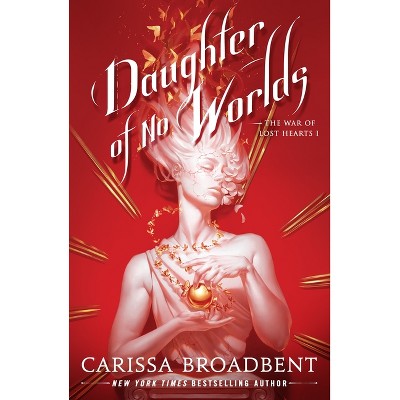
$16.77 - $18.63
MSRP $19.99 - $29.99
4.3 out of 5 stars with 6 ratings
